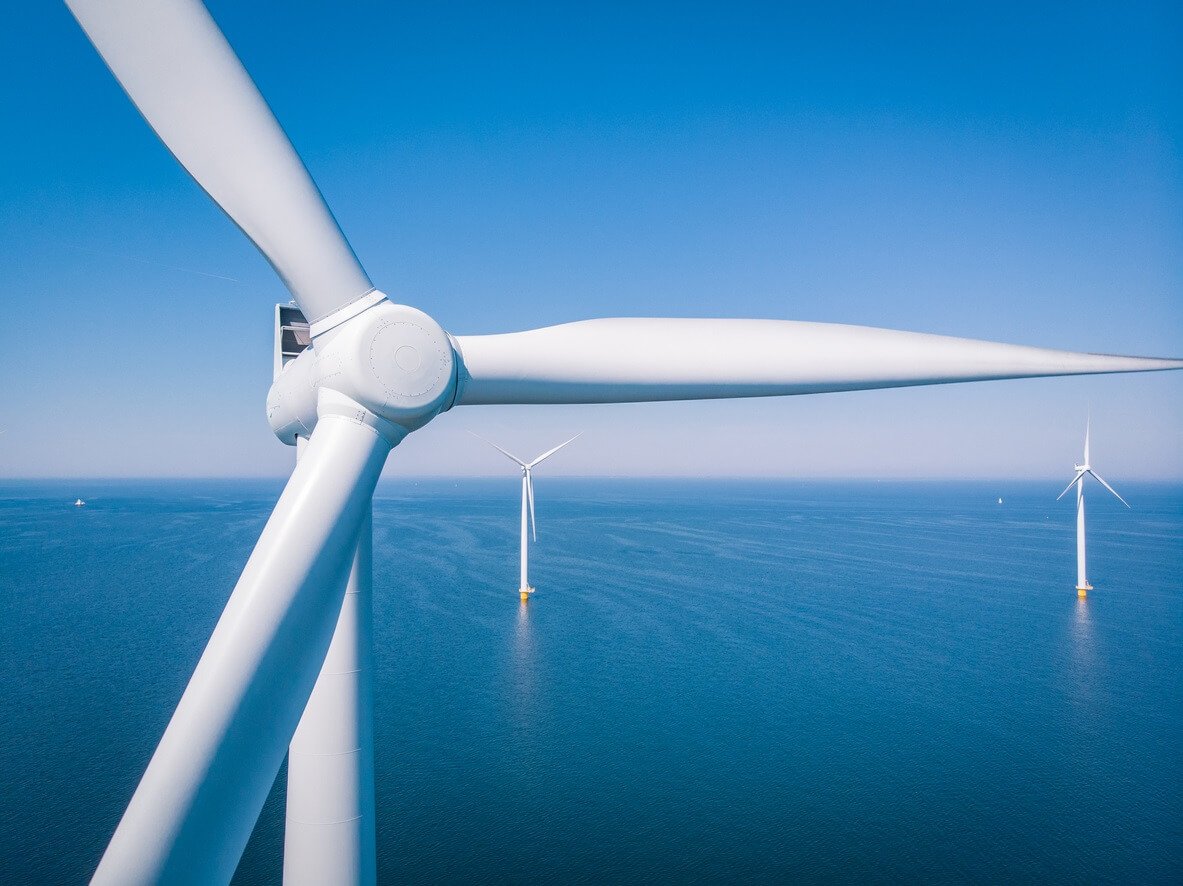RWE Dumps its Australian Offshore Wind Project

German utility RWE has decided to dump its giant Kent offshore wind project off the coast of Victoria, Australia, the latest in a long series of blows for the non-China offshore wind industry.
Kent would have supplied two gigawatts of power to consumers in Gippsland, Victoria, but it was proposed in an earlier era when project economics were more favorable. In an announcement, RWE cited issues with "the project's competitiveness in current market conditions," as well as uncertainty around supply chain costs and plans for future auctions off Victoria. Initial projections for construction cost were in the range of AUD$8-10 million.
"We want to be clear that this decision relates solely to the Kent offshore wind project," RWE emphasized. "We are continuing to develop, build and operate a diverse pipeline of renewable energy projects across Australia, including large-scale battery storage and onshore wind." The firm is currently working on three one-gigawatt onshore wind farms and a grid-scale battery storage farm, and says that it sees Australia as a "key growth market" for renewables going forward.
Australia's nascent offshore wind industry has had several setbacks this year. In July, BlueFloat Energy abandoned a nearby planned facility off Victoria after it failed to secure a project partner for development. The cancellations are a setback for the state's ambitions to get to 95-percent renewable power on its grid by 2035, including nine gigawatts of offshore wind by 2040.
Others may be coming. Danish offshore wind leader Orsted has two giant wind farms planned off Gippsland, and for now these are still progressing. However, the company recently announced that it is pulling back from overseas markets to refocus on its core European business, where it sees more favorable conditions for development. It is also laying off about one quarter of its workforce and has raised $9 billion in a rights issue in order to offset serious financial setbacks in the U.S. and other markets.
